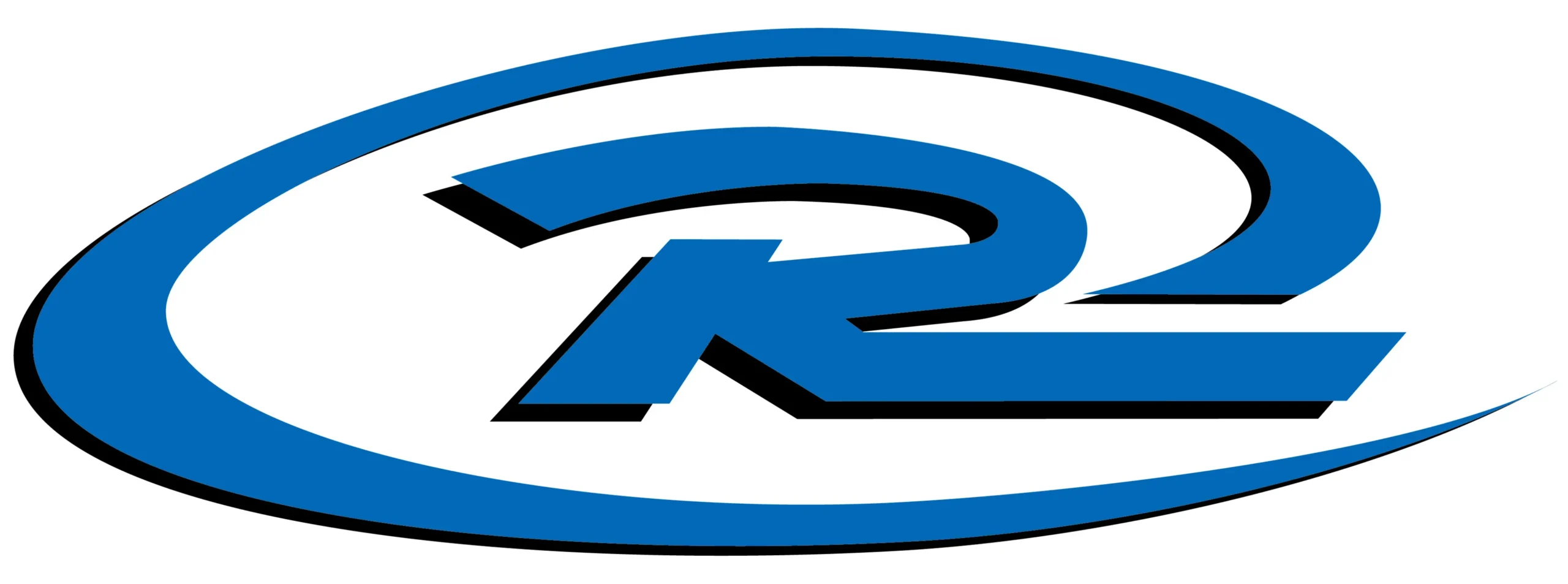Evaluating players and (trying at least) to identify talent is an incredibly difficult task we have as coaches, as well as it is a fascinating one.
Along the course of October 2020, we got together with some of the industry’s top specialists in the subject to try to learn, debate, and challenge concepts related to this topic.
One of the highlights of this month happened when Megan McCormick, Rush Soccer’s Coach Education Consultant, offered a three meetings course on the topic and was joined by Marieke Laurens, U.S. Soccer Talent ID Manager.
Find below the three day course and some of the most important learnings we extracted from it.
Start by thinking of the destination.
Megan McCormick, Rush’s Coach Development Consultant formulated this question during the first meeting of the workshop. We evaluate players based on what we want them to be able to do, so how do we determine we they need to be able to perform? The answer relies in projecting the future game of soccer. Based on how we induce it will be, we’ll be able to derive the skills needed to perform at it. Marieke Laurens, seconded this approach during her presentation:
“If we are evaluating a player’s key qualities and potential, that player won’t be part of the current game’s environment but will be part of the future game’s environment. We are not evaluating if they would be successful today, we are evaluating if they would be successful in the future. What is the game going to be like in ten years? Which skills are the players going to need?”
“You must use your resources to project and predict the future game– Megan added – and there are many nowadays. Video is a very big one. Technical reports is another. What are the trends we are seeing in the game?”
WANT TO LEARN MORE? REVIEW OTHER EVENTS FROM THE PLAYER EVALUATION EDUCATIONAL CAMPAIGN:
- Chris P., Rush’s Developmental Director, was joined by Tim Bradbury, an extensively experienced coach instructor from the US Soccer Federation, on a very enriching interview, available on The Rush Podcast Network, about Evidence Based Evaluations, Individual Development Plans & Feedback Delivering. LISTEN TO THE FULL PODCAST HERE.
- Raoul Voss, Rush’s Global Sporting Director, spoke with Pablo Toledo, Coach Development Director, to discuss the differences between evaluating players at the professional and youth levels, the use of data, & what escapes the evaluation sheets, for The Rush Podcast Network. CLICK HERE TO LISTEN TO THE INTERVIEW.
- The Rush e-Learning Center contributed with a fantastic Player Evaluation piece as well, “The Gold Mine Effect – How To Find Undervalued Talent“, in which the author, Rasmus Ankersen, shares an animated presentation on his research about Performance vs Potential, based on his learnings from spending six months travelling around the world to crack the secrets of the world’s best performance hotbeds. FIND IT HERE.

